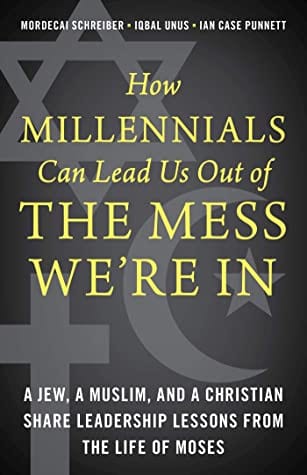Awhile ago I had the privilege of contributing to a unique book project. The book, It Spooks, begins with an essay by philosopher-theologian John Caputo and includes all sorts of responses to and engagements with that essay. Some are artistic responses (poems, photographs, art) while others are conventional essays.

Being All Hallows’ Eve and all, I thought I’d include a few paragraphs from my response to Caputo’s spooky essay about the “specter” who haunts us, the weak God who won’t leave us alone, but persists, insists, and keeps on gnawing at us in the name of justice. This is, Caputo explains, is his effort at hauntology. Get it? It’s postmodern theology in its most enjoyable, poetic expression.
If you’re not familiar with Caputo’s work, his essay in this book is a fun way to begin.
Here’s a composite of a few selected sentences / paragraphs from my response to Caputo’s essay:
Caputo’s God is a ghostly specter, a lovely phantom—a mysterious, unheard call…
I’m fascinated by Caputo’s weak, suffering, spectral God. This God is like the nagging woman in Jesus’s parable who persists in her insistence. This is a fresh interpretive angle, by the way: What if the woman symbolizes God? The Ghost of justice nags at us, insisting that we start acting on behalf of justice in a broken, fragile, suffering world. God is like the Ghost of Christmas and we are Scrooge; if we don’t repent, what might become of the world?
But I just can’t shake the idea that something is missing here…
When I take a good, hard, look at the world, it’s hard for me to disagree too much with Caputo’s basic point—with the reframing of the concept of God away from the hardened, objective classical (male) God of onto-theology. Recasting theology in light of the cross, kenosis (emptying), and suffering seems to be the right thing—even the only thing—to do.
[But] what seems more than a little bit missing in Caputo’s spectral “hauntology” is the resurrection. If Paul is in any way right, the basis of human hope lies in the resurrection—that event in which God gave Jesus a body that both could digest fish and conquer the specter of death. In the incarnation the spectral, ghostly God became a living, fleshy, person—a single individual in time. In the resurrection, that living, fleshy person overcomes the power of time itself. The hope in the resurrection is the basis (Paul’s “first-fruits”) for the anticipation of the end of the horror—if not the end of the haunting…
I have to admit that in this sense the Specter frightens me a bit too much for my comfort. It haunts me in a good way by critiquing my self-indulgence and awakening the sense in me that what if—what if I am waiting for the God of justice to make everything right when God is actually waiting for me to get off my lazy, complacent ass and do something? And yet, when I go through the litany of evils, historical and current, they are too much to bear if Caputo’s third condition bears out—that the righting of wrongs is conditional upon our actions.
In the end, for me, hope is not hopeful enough without the subjective conviction that an Eschaton is on its way and that, as Moltmann put it, God is coming…












